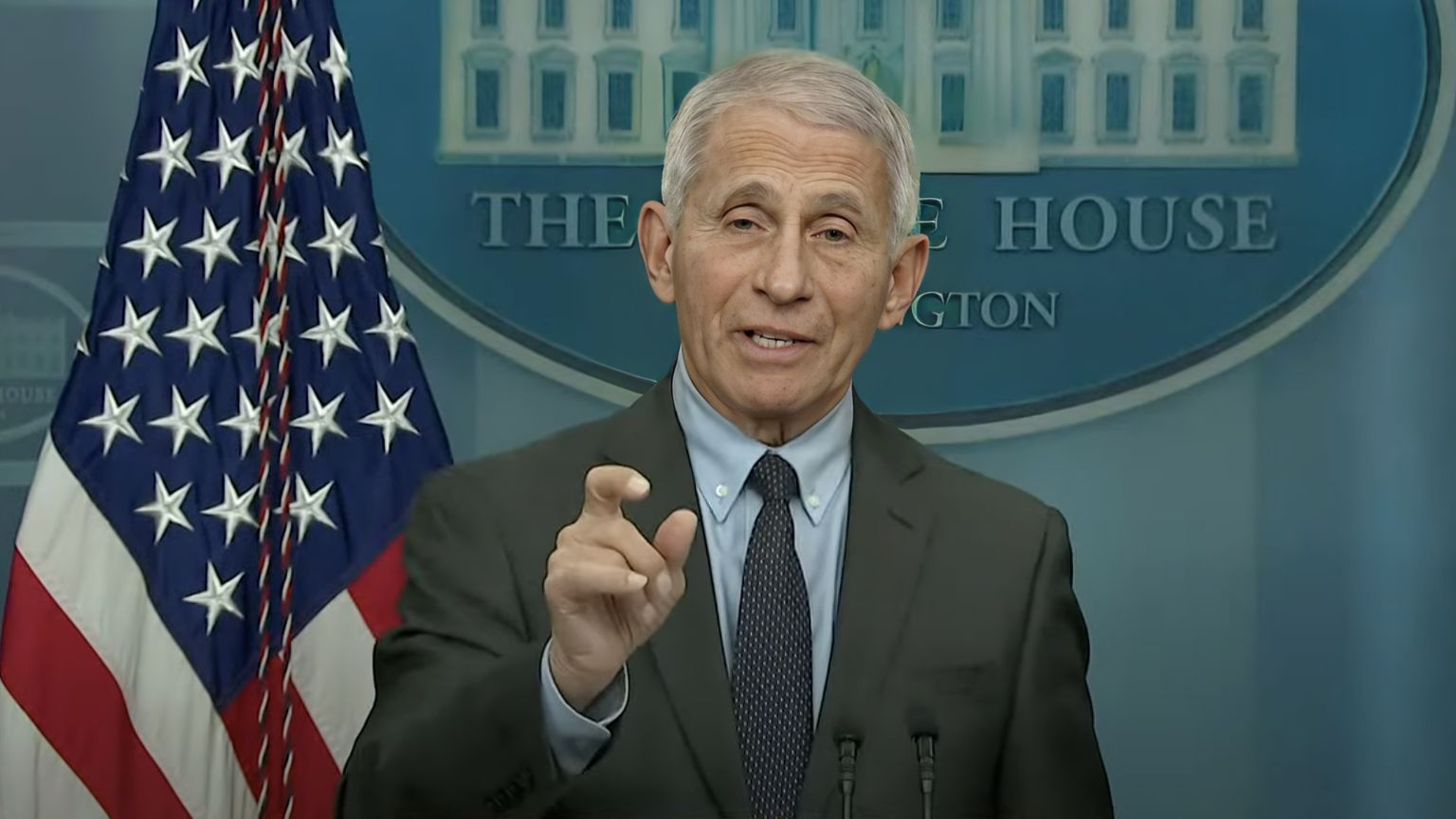People enter the Goldman Sachs headquarters building in New York, U.S., on Monday, June 14, 2021.
A long-running employee's market had made it difficult for employers to tug the reins and force remote workers back to the office. But times may be changing.
Amid various business challenges ranging from market volatility, rising inflation, lagging revenue and a high risk of recession, companies are slowing hiring and, in some cases, letting workers go.
Facebook parent Meta, Twitter, and Uber are just some of the companies that have pared back plans for new employees. Uber CEO Dara Khosrowshahi wrote in an email to employees that the company "will treat hiring as a privilege and be deliberate about when and where we add headcount." A Meta spokesperson told CNBC that "in light of the expense guidance given for this earnings period, we are slowing its growth accordingly."
Carvana and Robinhood are just two of the companies that went through recent hiring streaks that are now letting workers go. "We determined that making these reductions to Robinhood's staff is the right decision to improve efficiency, increase our velocity, and ensure that we are responsive to the changing needs of our customers," Robinhood CEO Vlad Tenev wrote in a blog post announcing the company would be letting go approximately 9% of its 3,800 employees.
Netflix just laid off 150 workers..










 English (US) ·
English (US) ·